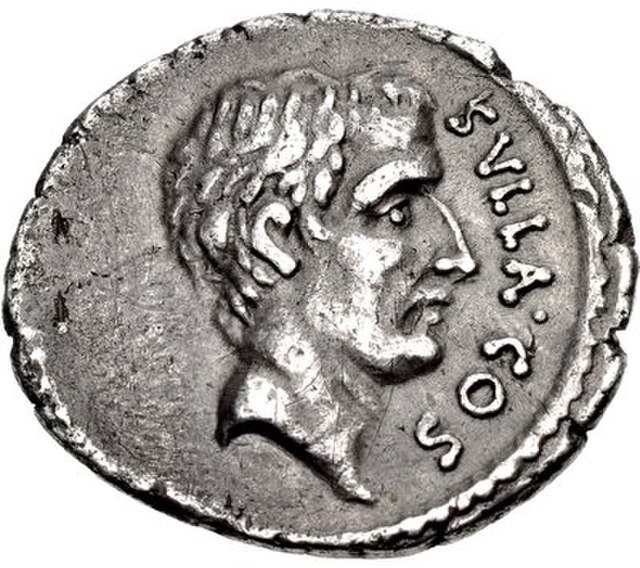The Gallic Wars were waged between 58 and 50 BC by the Roman general Julius Caesar against the peoples of Gaul. Gallic, Germanic, and Brittonic tribes fought to defend their homelands against an aggressive Roman campaign. The Wars culminated in the decisive Battle of Alesia in 52 BC, in which a complete Roman victory resulted in the expansion of the Roman Republic over the whole of Gaul. Though the collective Gallic armies were as strong as the Roman forces, the Gallic tribes' internal divisions eased victory for Caesar. Gallic chieftain Vercingetorix's attempt to unite the Gauls under a single banner came too late. Caesar portrayed the invasion as being a preemptive and defensive action, but historians agree that he fought the wars primarily to boost his political career and to pay off his debts. Still, Gaul was of significant military importance to the Romans. Native tribes in the region, both Gallic and Germanic, had attacked Rome several times. Conquering Gaul allowed Rome to secure the natural border of the river Rhine.

Vercingetorix Throws Down His Arms at the Feet of Julius Caesar, 1899, by Lionel Noel Royer
A modern re-enactor in 2012 wearing the gear that a VII legion standard bearer would have during the Gallic Wars era.
A modern re-enactor in 2018 with the typical panoply of a wealthier Gallic warrior.
The Tusculum portrait of Julius Caesar
Gaius Julius Caesar was a Roman general and statesman. A member of the First Triumvirate, Caesar led the Roman armies in the Gallic Wars before defeating his political rival Pompey in a civil war, and subsequently became dictator from 49 BC until his assassination in 44 BC. He played a critical role in the events that led to the demise of the Roman Republic and the rise of the Roman Empire.
The Tusculum portrait, possibly the only surviving sculpture of Caesar made during his lifetime
Gaius Marius, Caesar's uncle and the husband of Caesar's aunt Julia. He was an enemy of Sulla and took the city with Lucius Cornelius Cinna in 87 BC.
Sulla, depicted on a coin minted by Quintus Pompeius Rufus in 54 BC. Sulla took the city in 82 BC, purged his political enemies, and instituted new constitutional reforms.
Bust, from the imperial period, of a man – in this case Augustus – wearing the civic crown (Latin: corona civica). Caesar won the civic crown for his bravery at the Siege of Mytilene in 81 BC.







